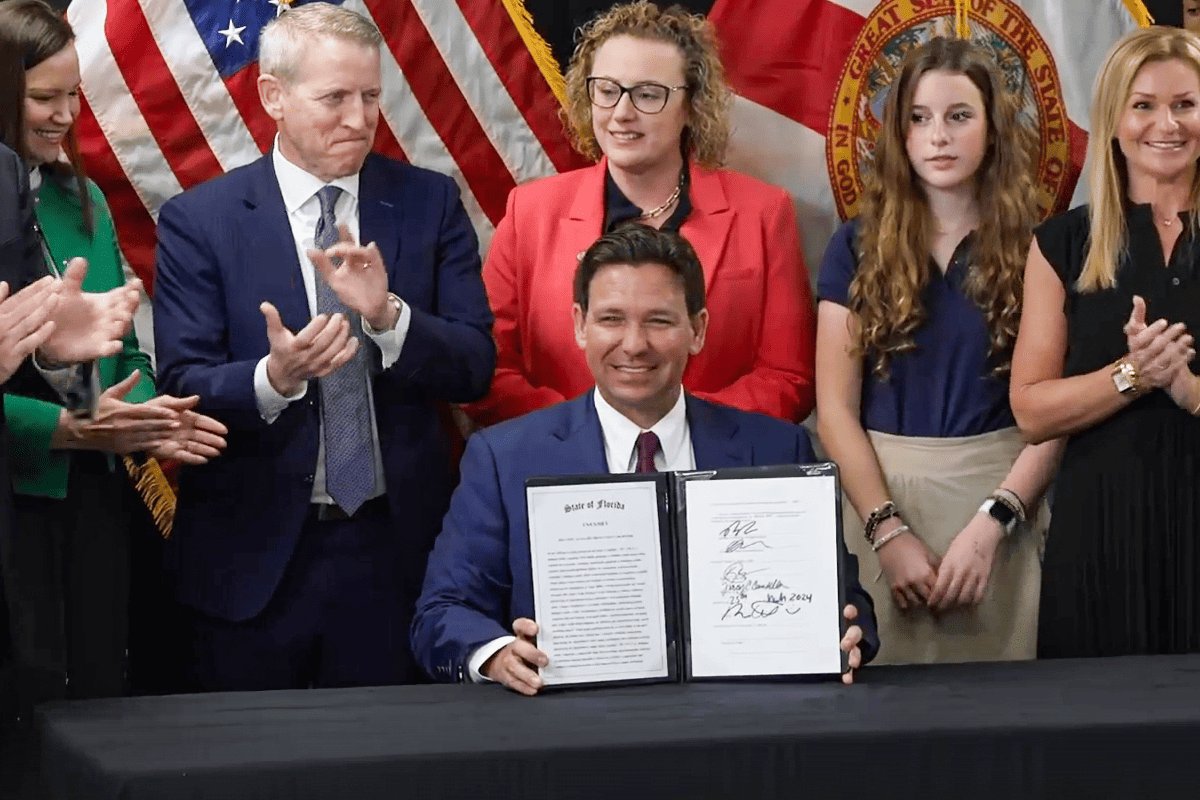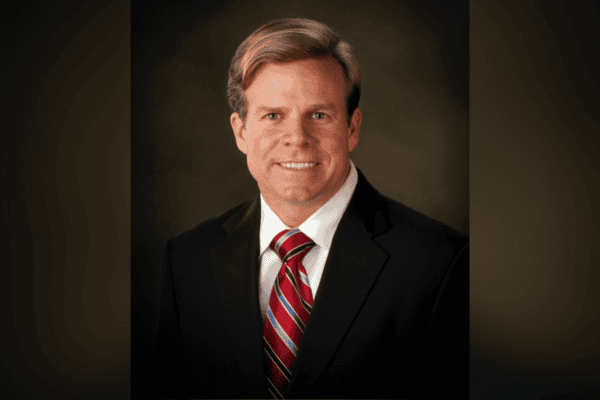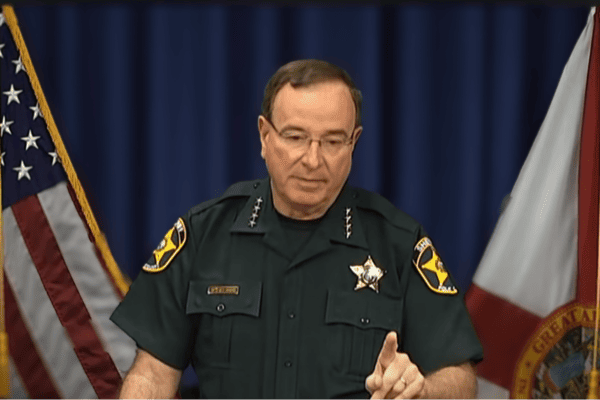DeSantis signs legislation barring minors under 14 from creating social media accounts

JACKSONVILLE, Fla. – Gov. Ron DeSantis signed a bill on Monday barring minors under 14 from creating accounts on social media platforms that employ addictive features and data collection software.
The legislation allows for 14 and 15-year-olds to create accounts on the apps with parental consent.
Additionally, the bill requires adequate age verification measures for internet sites that contains obscene or “harmful” content, unsuitable for minors.
The legislation, HB 3, was sponsored by Reps. Tyler Sirois, R-Merritt Island, Fiona McFarland, R-Sarasota, and Michele Rayner, D-St. Petersburg. Sen. Erin Grall, R-Fort Pierce, sponsored the Senate version of the bill.
House Speaker Paul Renner, R-Palm Coast, also spearheaded the effort.
The purpose of the legislation is meant to specifically target platforms that use addictive features with content catered to individuals based on algorithms that analyze user information.
Addictive features include infinite scrolling, auto-play and live streaming.
The bill does not target platforms that are simply used for one function, such as emailing and texting.
DeSantis congratulated the legislature on their passing of the bill during a press conference Monday.
“One of the things I know a lot of parents have had concerns about is the role that the internet and social media play in the upbringing of young kids,” DeSantis said.
The governor highlighted the alarming reality that child predators and dangerous people can impact children and teenagers through their phones without the minors ever actually leaving their houses.
“You have predators that can get right in there into your own home,” he said. “You could be doing everything right, but they know how to manipulate these different platforms.”
Renner spoke on the accomplishment of passing the bill and moving it through the legislative process.
He explained how it was Grall who got him engaged on the issue of combatting addictive social media platforms.
“Knowing what I know now, none of us can afford to be on the sidelines when it comes to social media, when it comes to hardcore pornography that our kids are being exposed to,” Renner said.
“We know from law enforcement, we know from our prosecutors that social media is the primary platform in which children are trafficked,” he continued. “In which pedophiles pretending to be children come after our children.”
The speaker warned that organizations like NetChoice would sue state the second that the bill became law.
He assured the public that Florida is “going to beat them” in order to protect the wellbeing of the state’s minors.
Attorney General Ashley Moody and Education Commissioner Manny Diaz Jr. also spoke in favor of the bill, highlighting, once again, the need to protect children in their forming years while they surf the internet and the world of digital media.
Grall thanked DeSantis and Renner for getting the legislation passed and signed into law.
“They have made our parenting difficult by addicting our children,” she said.
“I’m grateful for the leadership of the state of Florida to take this on in a way that we believe will absolutely be upheld in court and be a model for the country,” she continued. “But it always comes back to the parents.”
She explained how, for too long, parents have “abdicated our responsibility” to protect Florida’s children and have allowed for a “babysitter” to come into families’ homes and influence kids.
The original bill, which prohibited all minors under 16 from creating an account on the addictive platforms, was vetoed by the governor during the 2024 Legislative Session and amended by Grall in the Senate to better accommodate for parental rights and internet anonymity concerns from DeSantis.
DeSantis assured during the press conference that he is confident the bill would be upheld in courts.
The legislation will go into effect Jan. 1, 2025.



